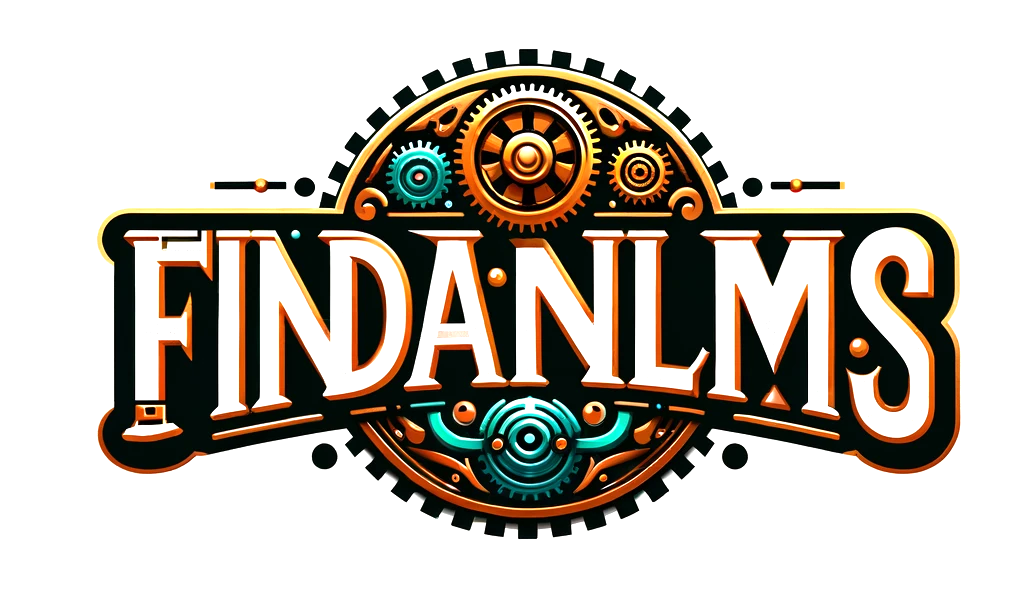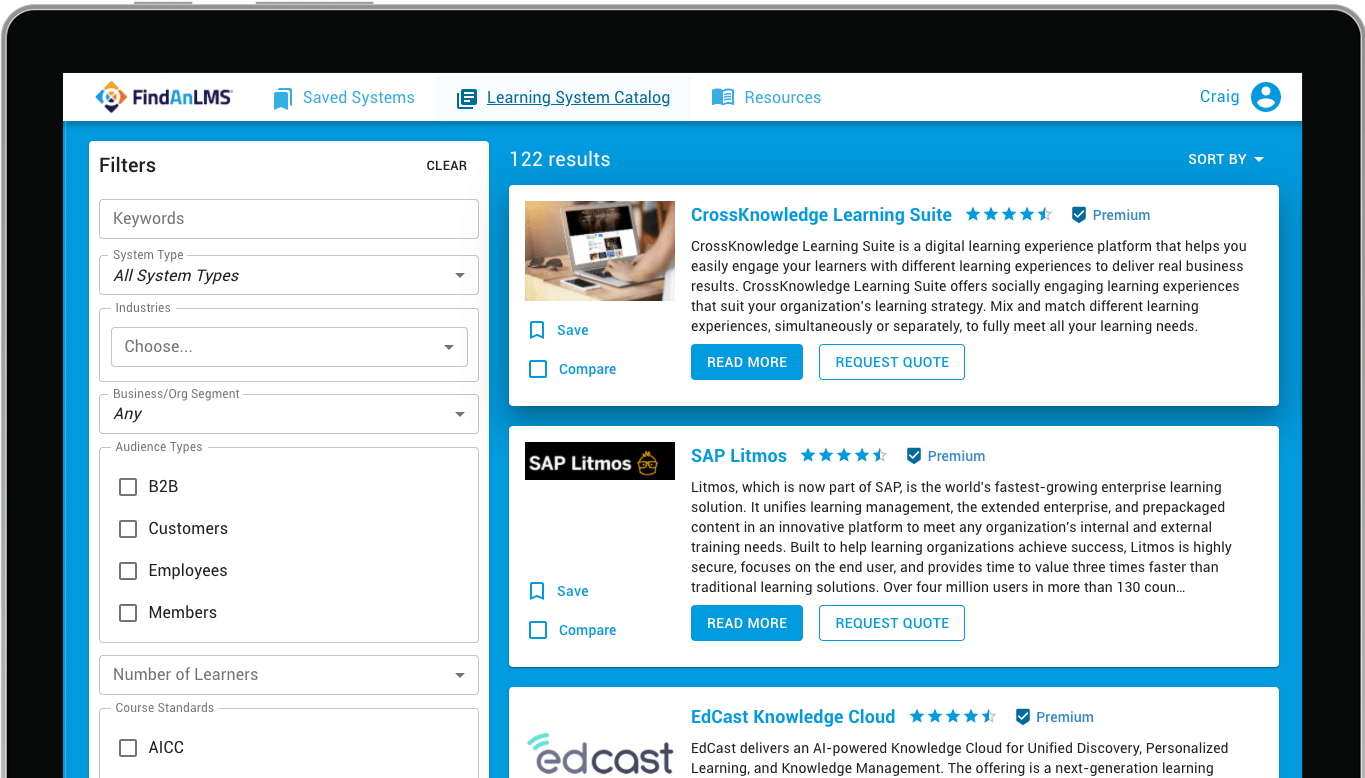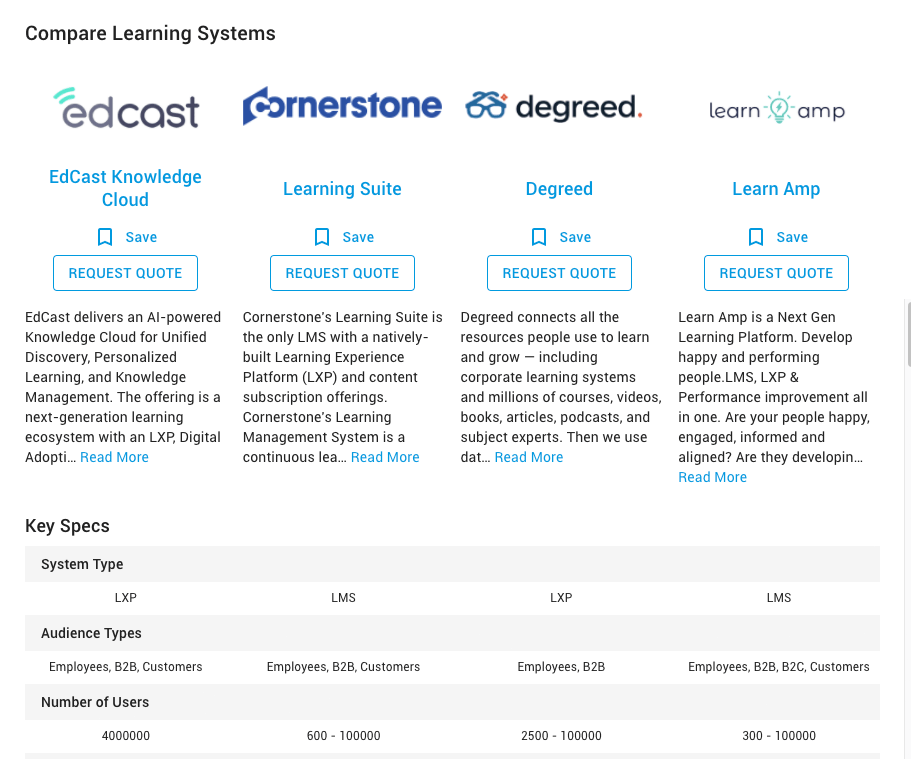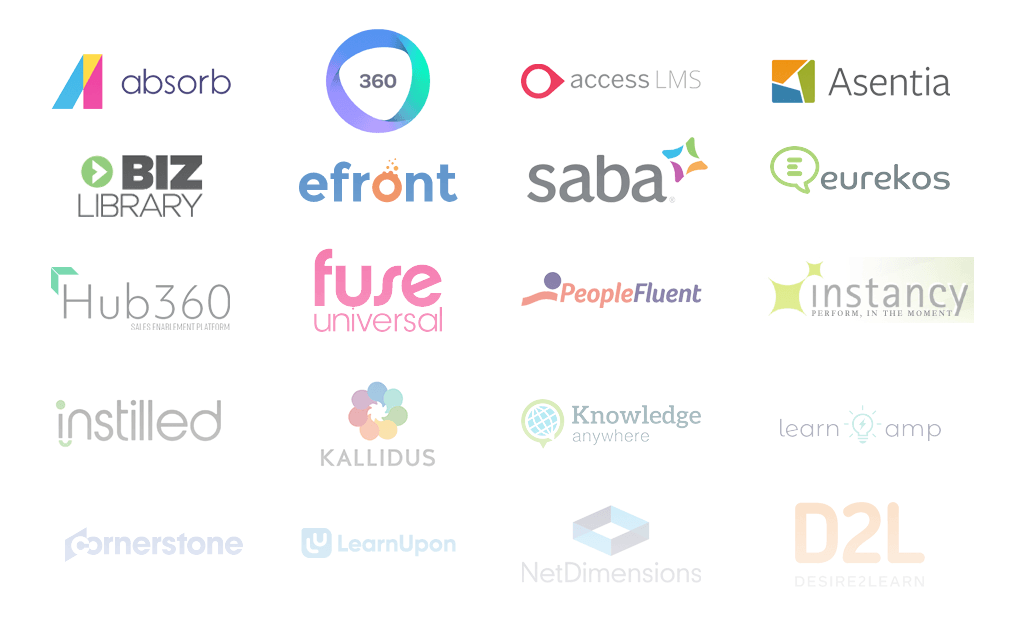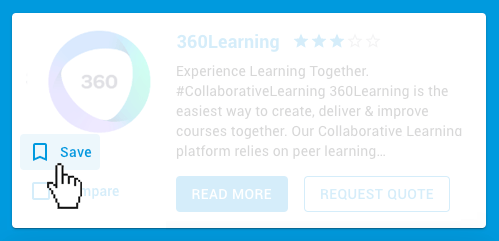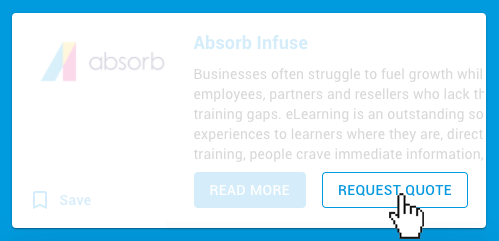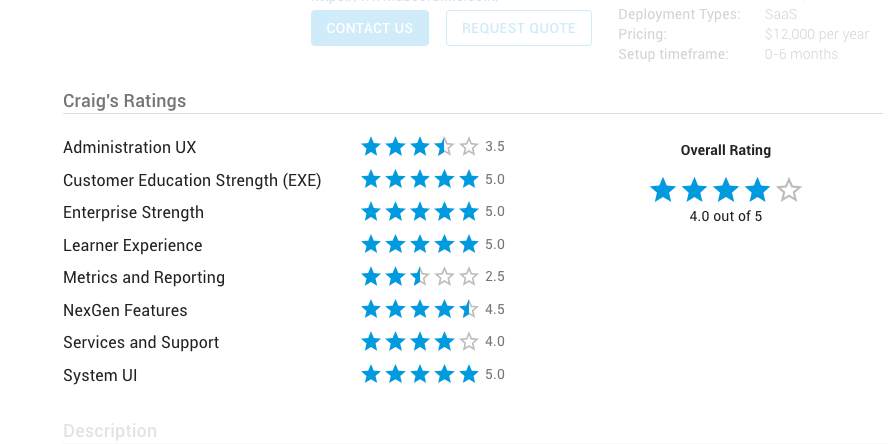AI, or artificial intelligence, is all over the news of late. What impacts will AI have on the economy? Should the government regulate its development? Does artificial intelligence affect privacy? Is it only a matter of time before AI overthrows humans and seizes control for itself?
AI is a hot topic in the training world as well. Many LMS (or learning management system) vendors say their platform has generative AI capabilities that make their systems better than the competition. Most people take their word for it since they don’t understand what AI is or what role it can play in employee development. Plus, they heard about AI on the news. It must be the latest and greatest thing, right?
Of course, blindly trusting a company’s marketing spiel is never the correct approach. Craig Weiss, an elearning expert with firsthand knowledge of over 1,000 learning management systems, recently discussed five questions any prospective customer should ask an LMS vendor about AI. Weiss is also the proprietor of FindAnLMS.com, a platform where consumers can compare LMS solutions head-to-head just by creating a free account. In this article, we’ll answer several frequently asked questions about AI to help you select a great LMS for your company.
What is generative AI?
It’s impossible to understand what role generative AI should play in your organization’s training efforts without first understanding what gen-AI is. Put simply, generative artificial intelligence can be defined as an algorithm used to create content such as text, simulations, audio, video, and code. The most famous example is ChatGPT, but many others exist. All are large language models, or LLM.
AI and machine learning are often treated as the same, but that’s not true. Machine learning is a type of AI where the algorithm “learns” through repetition. For example, the algorithm could be given three images that fit a particular pattern and then correctly identify whether subsequent images belong to the same group. Generative AI is considered a massive breakthrough because it goes beyond identifying and classifying such images to creating them, revolutionizing how content is generated. Machine learning is often used to improve the performance of AI, but they are fundamentally different.
What role does artificial intelligence serve in an LMS?
An LMS would use AI to automate tasks for admins such as content curation, course enrollments, and tracking learner performance. Many LMS vendors have been doing something similar using machine learning for years, and some even claim they have AI capabilities when their platform offers nothing more than basic machine learning.
If an LMS truly offers generative AI, it improves the learner experience by making it easier to find the content they need through personalized recommendations. If the algorithm doesn’t know what type of content a learner wants yet, the learner can type key terms in a search bar to jumpstart the training process. Similarly, integrating AI into an authoring tool can help course creators offer more effective content to students and employees alike.
While AI can be a great tool, LMS vendors can get sneaky with it. Many LMS vendors claim to offer “proprietary” AI, but this is deceptive advertising. Gen-AI requires tons of computing power, and building it from scratch demands more resources than LMS vendors have. Therefore, they’ll use something like ChatGPT as a base and make a few minor changes, claiming the result is “proprietary.” You want to know which LLM (or LLMs) forms the core of any “proprietary” AI solution, but don’t expect LMS vendors to give you that info willingly. AI experts recommend a base of at least two different LLMs to improve performance.
Furthermore, some LMS vendors “vet” sources of information before allowing their platform’s AI to recommend content. You won’t get anything from the vendor’s premium tier unless you pay for it, and the LMS vendor may prioritize some sources of information over others.
What are the limitations of AI?
Generative AI is fun to play with and streamlines many mundane tasks, but the technology isn’t perfect. The first hiccup is that algorithms such as ChatGPT never update their initial data set. ChatGPT was “trained” by combing the internet in 2021, meaning that all of the information it utilizes is from 2021 or earlier. Any breakthroughs since are completely absent, making ChatGPT untrustworthy for fields such as compliance training where content must be updated regularly.
Second, all of ChatGPT’s data is based on text. Multimodal LLM solutions such as GPT-4 draw data from a variety of sources including video, audio, text, and images. Naturally, synthesizing all of these online sources is very valuable in a training context where educational videos and lecture-based seminars are commonplace. Multimodal AI is expensive while ChatGPT is free, however, so LMS vendors have been slow to adopt it. Most people don’t know the term “generative AI” either, so they ask for what they’ve heard of: ChatGPT. LMS vendors meet this demand even if experts agree multimodal is the future of AI.
Of course, the biggest problem with AI is that it’s just plain wrong sometimes.
What are AI hallucinations, and how do they affect the learner experience?
In AI parlance, “hallucination” is the term used whenever the algorithm makes an error. The causes of hallucinations are numerous, ranging from simple syntax errors like mixing up proper nouns to making legal arguments based on court cases that never existed. When AI gathers online information, it cannot differentiate between trustworthy material and less reliable data. It is also programmed to spit out something no matter what, meaning it will make up evidence if needed.
AI experts are divided over how long-lasting hallucinations are, with some believing future technology will eliminate them entirely while others believe them to be an inherent weakness of artificial intelligence. Regardless, hallucinations are common today in all forms of AI.
In a training context, hallucinations hinder the learning process by pointing learners toward content they have no use for. Time is lost each time this happens since the learner needs to recognize the AI made a mistake and start over again. A learner may also lose enthusiasm for training if finding content turns into a headache. The company could lose valuable time too if the AI recommends untrustworthy online training materials, forcing manual correction.
LMS vendors are seldom forthcoming about the existence of hallucinations, and the general public doesn’t know much about them either. As a result, users don’t even consider them as a possibility until it’s too late. Others claim their platform eliminates hallucinations entirely, which is an outright lie. You should ask prospective LMS vendors what they are doing to limit hallucinations and what to do when one appears.
FindAnLMS is the best way to find an LMS with artificial intelligence capabilities
AI is a key aspect of any modern LMS, but it shouldn’t be the only thing you look at when choosing a learning management system. If you would like expert analysis on the top players in the elearning industry, FindAnLMS.com offers exclusive insight from expert Craig Weiss. You can create a free account right now and help your company find a fantastic delivery platform for your training materials! Weiss’s blog is also a great source of reliable information on AI in the LMS market.
